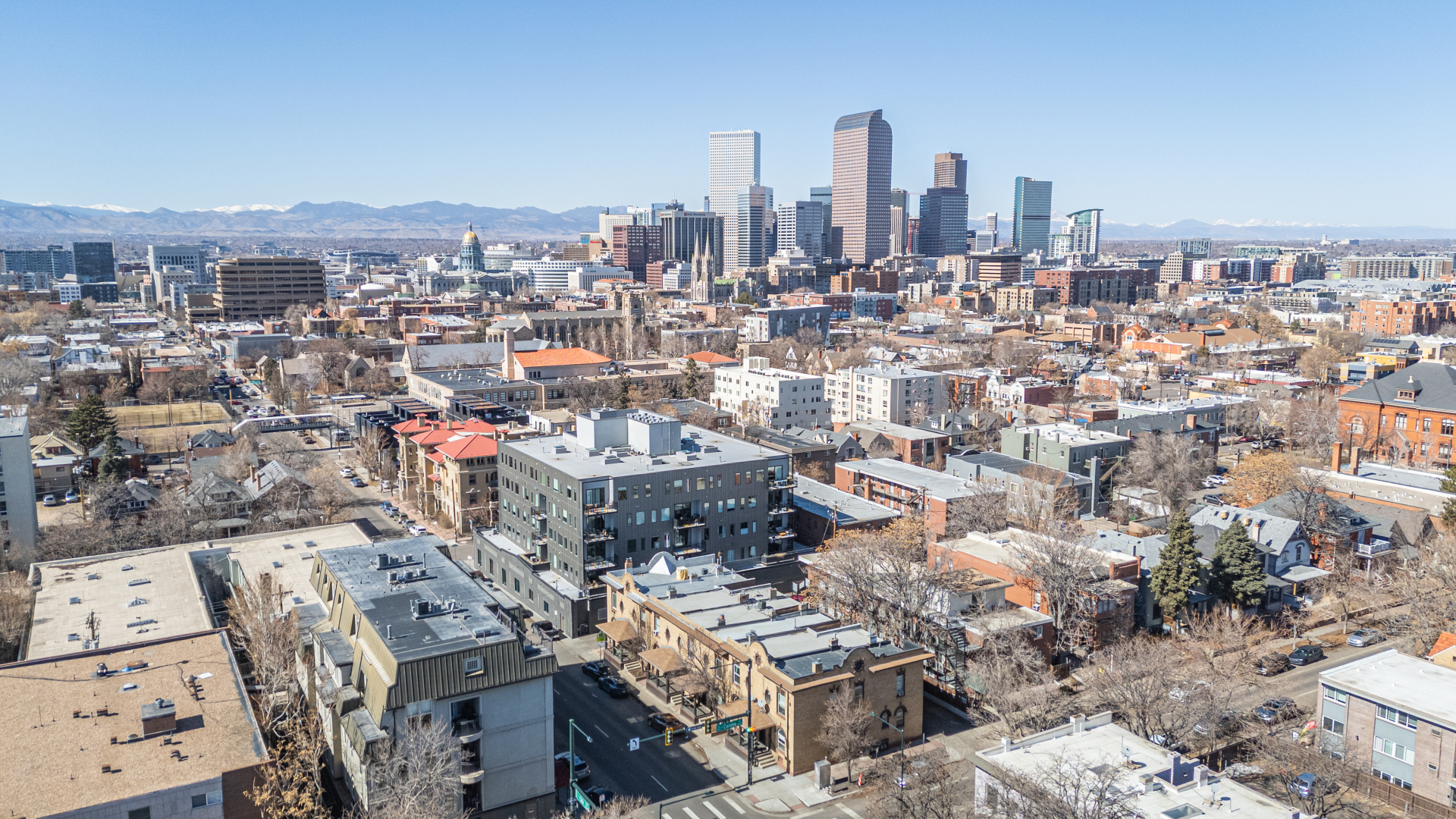Mortgage forbearance is almost as intimidating as the sound of the word itself. The term was rarely uttered two months ago; now it’s creeping into our lexicon with alarming regularity.
The COVID-19 pandemic has altered the fundamentals of our daily lives, and for many, the financial impact has been devastating. People who have lost their jobs now are facing an uncertain future, and may not be able to meet their monthly mortgage payments. As a result, they have become all too familiar with mortgage forbearance.
This process is defined as a special agreement between the lender and the borrower to prevent a foreclosure. Lenders will typically lay out a repayment plan over time to keep the homeowner in their house while they straighten out their finances and get back on their feet.
Current Strain on Finances, Mortgages
Due to unemployment or salary reduction, many homeowners are faced with mounting bills and the lack of funds to pay them. A recent article in Housing Wire stated that 10 percent of FHA and VA borrowers are in forbearance.
Keep in mind that mortgage forbearance is not a mortgage forgiveness plan. Instead, it’s a method to keep the homeowner in place by activating a new payment plan.
The recent CARES Act states that no foreclosures are allowed during “the 60 days following March 18, 2020.” Furthermore, if the COVID-19 pandemic has directly impacted your ability to pay your mortgage, all federally backed mortgage providers are required to give you a forbearance of 180 days, plus an extension of another 180 days, without any extra fees beyond the normal interest.
How to Obtain Mortgage Forbearance
You must contact your loan servicer to ask forbearance. There will be no additional fees, penalties or additional interest (beyond scheduled amounts) added to your account. You do not need to submit additional documentation to qualify other than your claim to have a pandemic-related financial hardship.
If you do request mortgage forbearance, just know that your mortgage might be extended by the number of months the forbearance covers. Or, it might all be due as an extra payment at the end of your loan’s timeframe. Unfortunately, some lenders are even requiring this lump sum be due in just a few months after the first skipped payment, which is what NPR called “relief with a side of retribution.”
In a follow-up article, NPR had some encouraging words: “Meanwhile, a lot is changing quickly. So if you tried to get help from your lender and couldn’t, try again a week later. You might get a better answer and be able to extend your loan term to avoid a big balloon payment if you can’t afford that.”
So with that said, it’s critical you understand how the forbearance will be repaid when you speak with your loan servicer. There may be different programs or options, depending on the type of loan you have. Once your income is restored, it’s important to contact your lender and resume your payments to limit your future financial obligations related to the forbearance.
It’s critical you understand how the forbearance will be repaid when you speak with your loan servicer. There may be different programs or options, depending on the type of loan you have.
And be aware that if you pause payments for too long, there’s a risk you could end up underwater (owing more money than your house is worth). But if your income has taken a hit, mortgage forbearance could help you get your financial situation on solid ground.
Most mortgage companies don’t want to foreclose on properties and are usually eager to work with the homeowner. It’s paramount that you start the discussion with your lender as soon as possible and hammer out an agreement that is fair and reasonable.
Questions to Ask Your Loan Provider
According to the Consumer Financial Protection Bureau, here are some suggested questions to ask your provider about mortgage forbearance:
- What options are available to help temporarily reduce or suspend my payments?
- Are there forbearance, loan modification, or other options applicable to my situation?
- Can you waive late fees on my mortgage account?
Once you’re able to secure forbearance or another mortgage relief option, ask your servicer to provide written documentation that confirms the details of your forbearance agreement and that you’re clear on what the terms are.
Conclusion
This also may be a good time to sit down and develop a payment strategy over time to cover all your bills. This may come in the form of using savings or exploring other loan possibilities. If you have a good credit rating, it’s advisable to look into personal loans or loans that allow you to use the equity in your home. It’s not advisable to rack up credit card debt by paying only the monthly interest. Credit cards are notorious for having extremely high interest rates that slow down your ability to get out of debt.
According to Bankrate, debt consolidation and emergency expenses are the most common reasons people are seeking personal loans. Bankrate examined responses from more than 160,000 Americans seeking pre-qualification on a personal loan in the first quarter of 2020. As COVID-19 launched a wave of economic uncertainty, 30 million people are out of work and many banks are adjusting their personal loan options to help people stay afloat. There are also insurance companies giving refunds during the crisis as well.
The COVID-19 pandemic is impacting everyone in one way or another. It’s vital to know you’re not alone, and that there are many programs and resources available to help you get through this difficult time.




